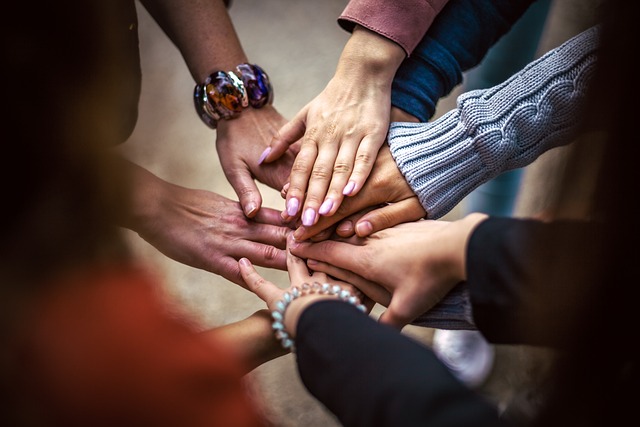In today’s digital landscape, where social media is an integral part of our daily lives, the way we build and maintain community relationships has evolved dramatically. For individuals in addiction recovery, these relationships are not only vital for personal growth but are also crucial for sustaining sobriety and promoting healthy lifestyles.
Social media platforms such as Facebook, Instagram, and Twitter can serve as double-edged swords. On one hand, they offer opportunities to connect and engage with others who may be on a similar journey, fostering a sense of belonging and support. On the other hand, these platforms can present challenges that might hinder the recovery process, particularly when they perpetuate unhealthy behaviors or trigger negative emotions.
One of the most significant impacts of social media is its ability to create a sense of community that transcends geographical barriers. Individuals in recovery can find online support groups, attend virtual meetings, and share their stories, helping to dispel the feelings of isolation that often accompany addiction. This online connection can be especially crucial for those who may have limited access to local recovery resources, allowing them to forge relationships that provide encouragement and accountability.
However, it’s essential to be mindful of the content we consume on these platforms. Social media often glamorizes certain lifestyles that could negatively influence those in recovery. Seeing posts that celebrate substance use or highlight parties can lead to feelings of longing and temptation. It’s important for individuals in recovery to curate their feeds, following accounts that promote positive and uplifting messages about sobriety, resilience, and personal growth.
Moreover, engaging authentically on social media can help strengthen community relationships. Sharing personal successes, challenges, and recovery milestones can foster deeper connections and remind others that they are not alone in their journey. Encouraging compassionate dialogue and offering support to peers can create a network of solidarity that is essential for healing and growth.
Building strong community relationships in addiction recovery requires a combination of mindful social media use and genuine outreach. Remember to step away from the screens from time to time and engage with individuals face-to-face, if possible. Volunteering, attending community events, or participating in local recovery meetings can enhance these virtual connections, grounding your support system in reality.
As we navigate the complexities of social media’s influence on our lives, it’s vital to remember that building strong community relationships is a process—a journey that unfolds both online and offline. By fostering these connections mindfully and intentionally, individuals in recovery can find the support they need while creating a positive impact in the lives of others.



